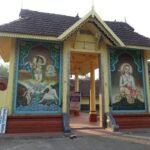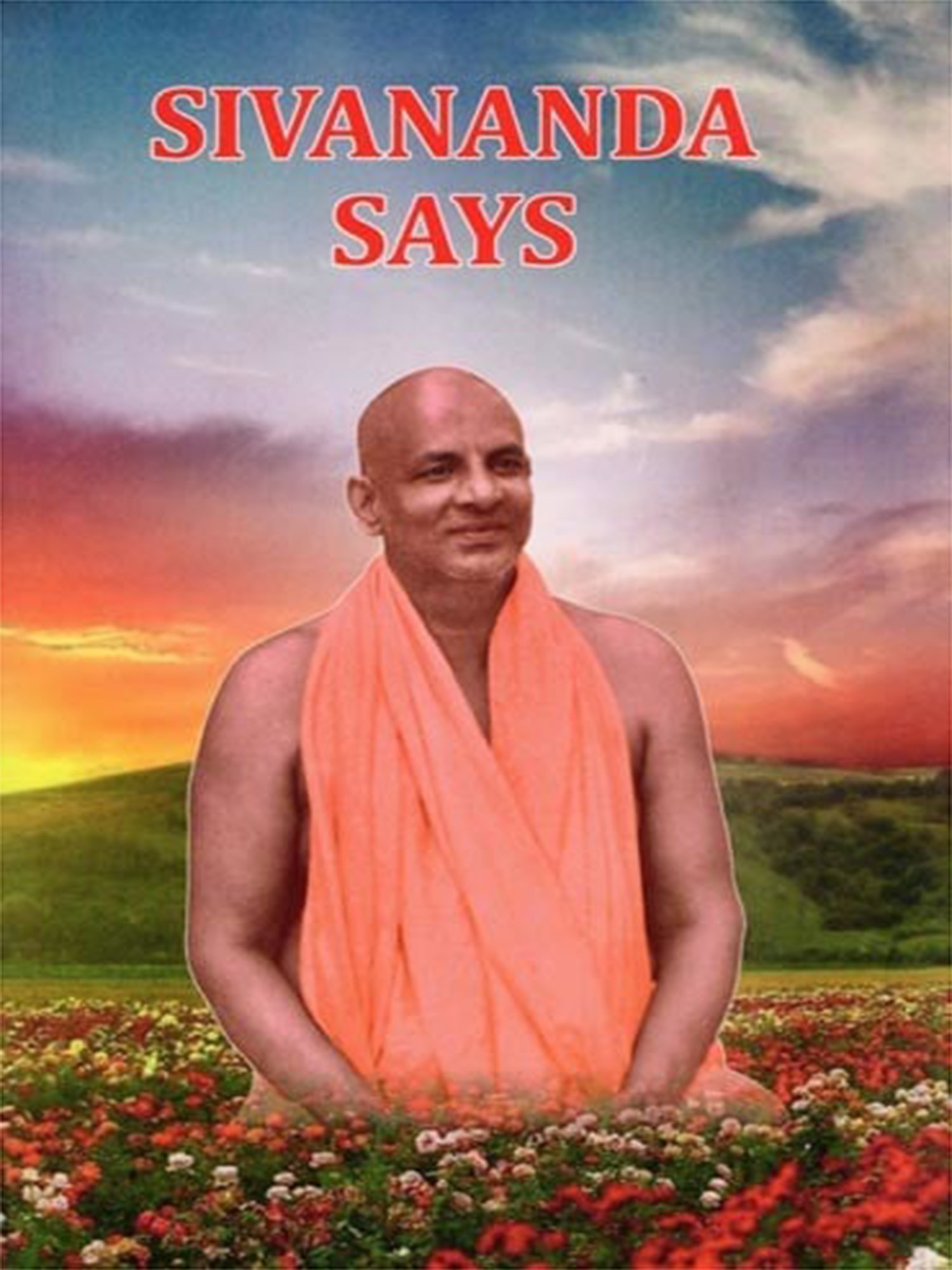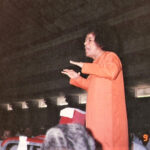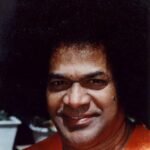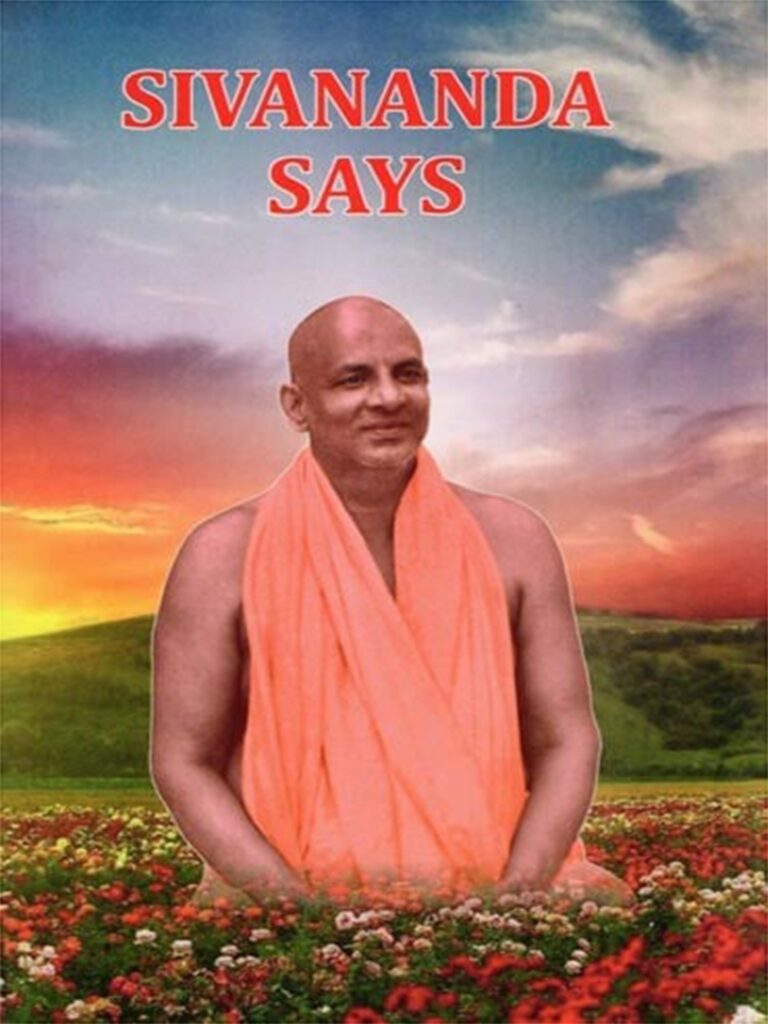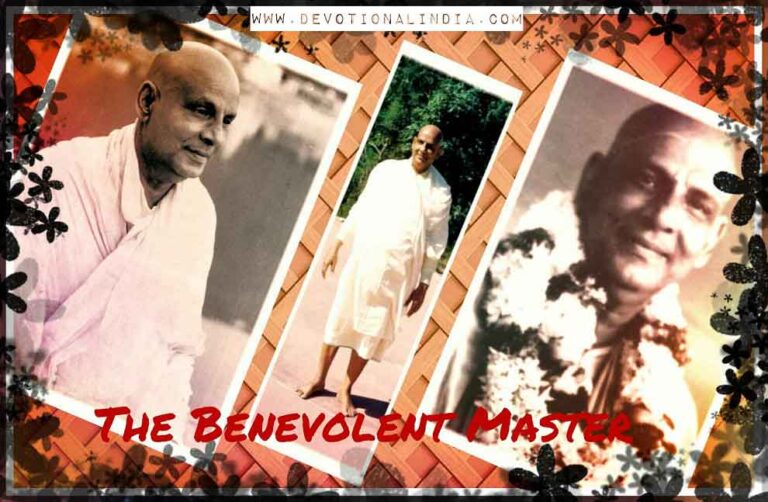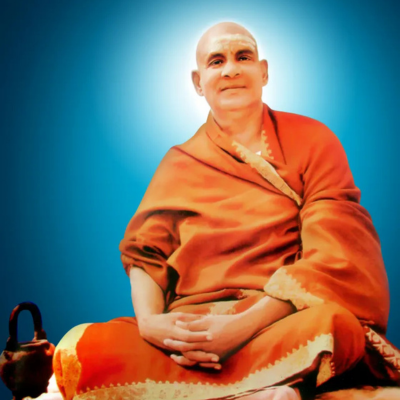Volume Twenty Three
Volume Twenty Three (1990)
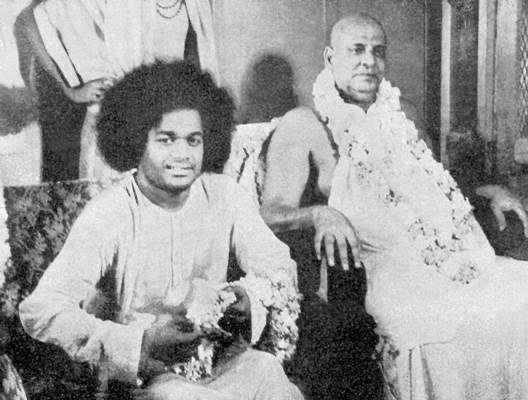
Sathya Sai Speaks – Volume 23 (1990) comprises a compendium of discourses delivered by Bhagawan Sri Sathya Sai Baba in that year, presenting teachings intended to strengthen moral character, deepen devotion, and guide seekers toward inner transformation. The volume includes chapters on a wide array of topics—Sports and Spirituality, Devotion in Action, Human Values in Business Management, What the Avatars Mean, The Glory of Bharat, Be Master of the Senses, Know Thyself, The Spirit of Freedom, Service as Duty, The Guru Within, Seva that Sanctifies, among others.
One of the notable features of Volume 23 is how it integrates everyday life with spiritual ideals — for instance, “Sports and Spirituality” shows that athletic effort, discipline, teamwork, and fair play can become vehicles for spiritual growth when imbued with humility and selfless intent. “Devotion in Action” teaches that devotion is not merely a private emotion or ritual, but must permeate how one works, speaks, interacts, and serves. “Human Values in Business Management” is another striking discourse: Baba underscores that business leadership must be grounded in honesty, integrity, fairness, and concern for all stakeholders, not just profit. He insists that commerce, industry, and trade are not exceptions to spiritual principles but are arenas where divine values must be lived.
Several chapters in this volume examine self‑discipline of senses and mind. “Be Master of the Senses” and “Purity of Mind: Role of the Senses” stress that inner control is essential: only when the senses are aligned and governed by wisdom (buddhi) can one avoid being led astray by desire, anger, or delusion. Linked with this is “The Buddhi and the Atma”, which points out that higher intelligence or discernment must guide the mind and senses, whereas the Atma (Self) remains the silent witness. “Know Thyself” and “Kshetra and Kshetrajna” elaborate the distinction between the changing body-mind complex (Kshetra) and the unchanging knower (Kshetrajna). Real freedom is attained when one transcends identification with the body, mind, and ego, and abides as the Atma.
Volume 23 also embraces service (seva) as a key spiritual path. Discourses such as “Service as Duty”, “Seva that Sanctifies”, and “The Devotee Dear to the Lord” emphasize that selfless service offered without expectations elevates the heart, purifies motives, and draws the devotee closer to God. The teaching is that to serve humanity is to serve God, and genuine service carries spiritual potency. “The Guru Within” underscores that every individual carries within themselves an inner guide or higher Self; devotion and surrender open one to this inner wisdom, not only external gurus.
Patriotism and cultural pride also appear — in “The Glory of Bharat” and “Love God and the Motherland”, Baba invites devotees to honor their heritage while simultaneously seeing universal brotherhood. He cautions that love for country must not become narrow nationalism: it must be tempered by compassion for all. In “The Spirit of Freedom and Freedom of the Spirit”, he distinguishes external political freedom from inner spiritual liberation, noting that many remain slaves of desire, emotion, and ego even when outwardly free.
Other affirmations in this volume include “Morals Make the Man and the Nation”, “Message of the Vedas”, “The Role of the Avatars”, “Revelations about the Sai Avatar”, and “Share in Bhagavan’s Love”. These convey that spiritual ideals, ethical living, and devotion are not separate domains but deeply intertwined. The Avatars (divine incarnations) are shown not as remote mythic figures but as embodiments of values meant to guide humanity toward divinity.
In sum, Volume 23 is a deeply integrative work: it calls upon devotees to live spirituality in every domain—work, sport, business, service, self‑control, devotion, national life. Its central message is that true spiritual growth is not retreat from the world but transformation of the world through purity, love, selfless service, and inner freedom. For the sincere aspirant, its teachings remain a rich source of guidance in applying divine truth to the challenges of daily living.





